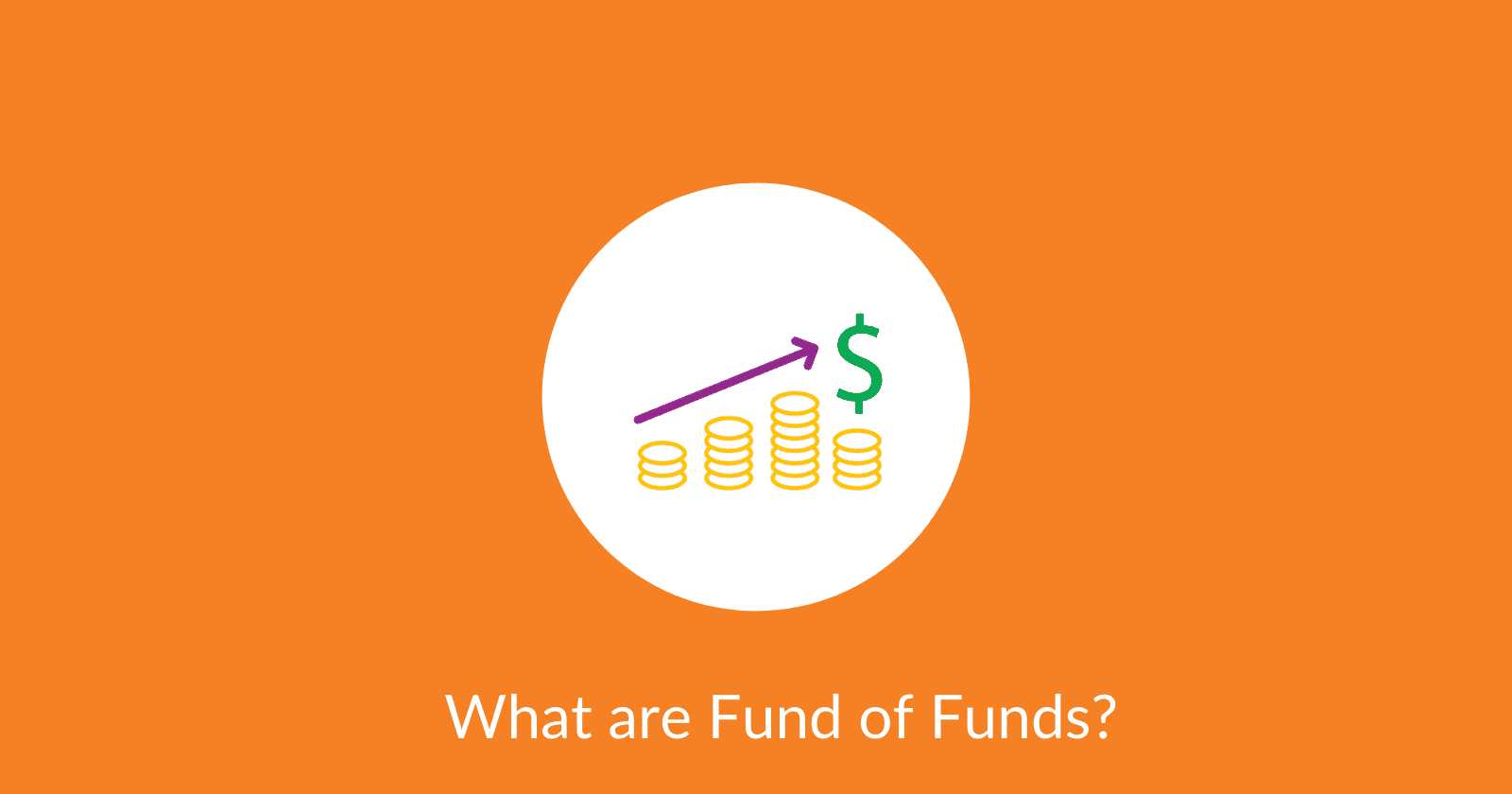A Fund of Funds or FoF invests in mutual fund schemes. A regular mutual fund scheme or fund collects money from investors and invest the money in stocks or debt based on its mandate. A FoF, on the other, collects money from investors and invest it in other mutual fund schemes. These mutual fund schemes can be within the fund house or in other fund houses.
Here are some examples of FoFs in India: Franklin Dynamic Allocation FoF, Motilal Oswal Nasdaq 100 FoF, ABSL Financial Planning FoF, Kotak Asset Allocator, Quatum Equity FoF, among others.
Some of you must be wondering why would a mutual fund scheme invest in other schemes? The answer is simple: when the there are good mutual fund schemes that have already proven their worth with consistent performance, what is the point of investing directly in equity and stock. Why not invest these schemes with a proven track record? That is the basic logic behind these schemes.
However, these schemes or the concept of FoF never really took off for two reasons. One, initially these schemes were only investing in schemes within the fund house. That means these schemes were just another way to amass more assets under management. This has changed lately. Some FoFs have started investing in schemes of other funds houses. For example, Quantum Equity FoF invests in Invesco India Growth Opportunities Fund, Kotak Standard Multicap Fund, Mirae Asset Large Cap Fund, ICICI Bluechip Fund, L&T Midcap Fund, Axis Bluechip Fund, and Franklin india Prima Fund.
Two, FoFs were treated as non-equity schemes for taxation. This was major drawback at that time when equity mutual funds used to enjoy zero long-term capital gains tax.
Most investors asked the fund manager a simple question: why would I pay tax simply because I am using FoF route. Though Amfi has been making representations to the ministry year after year, these schemes continued to be taxed like debt schemes. This is mainly because equity schemes qualify for LTCG taxation only if they invest at least 65% of their corpus in Indian equities; this is the reason why even international funds that invest overseas equities also do not qualify for equity taxation.
